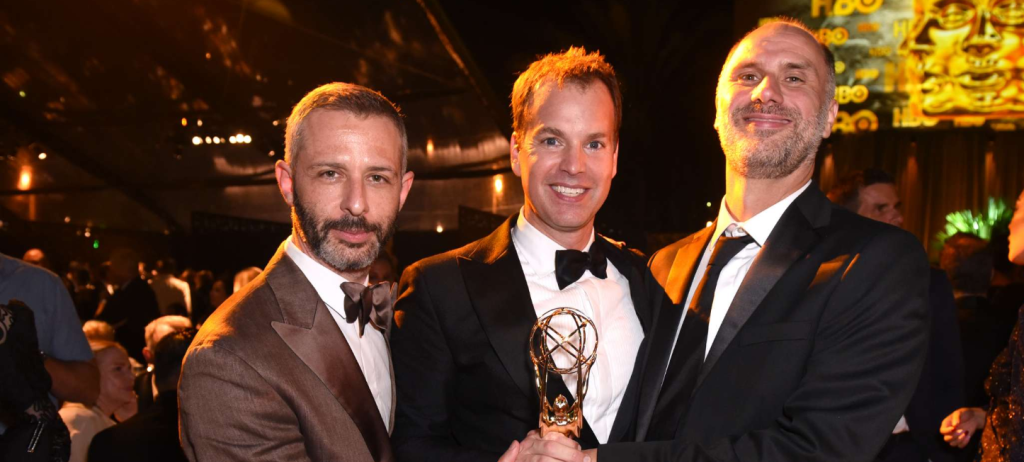Others are reading now
HBO’s Chief Content Officer Casey Bloys has been implicated in a clandestine operation targeting television critics on Twitter.
This covert activity was unveiled amidst a lawsuit filed by former HBO assistant Sully Temori against Kathleen McCaffrey and another HBO executive, alleging harassment due to Temori’s disability and sexual orientation.
The lawsuit exposed Bloys’ instructions to Temori to establish and manage a fake Twitter profile named “Kelly Sheperd,” a so-called “Texas mom and herbalist,” used to counteract negative reviews of HBO shows.
Also read
This secret profile was first created to respond to a critical review of HBO’s ‘Perry Mason’ by Vulture’s Kathryn VanArendonk and was later activated multiple times against other critics.
For instance, when Rolling Stone critic Alan Sepinwall gave the Kate Winslet series ‘Mare of Easttown’ a modest three out of five stars, a message from the Sheperd profile, prompted by Bloys, appeared on Twitter, accusing Sepinwall of missing the mark due to a pretense of moral superiority.
Similarly, Bloys expressed outrage when The New York Times’ TV reviewer James Poniewozik criticized HBO’s science fiction series ‘The Nevers’ for feeling incomplete, as if 25% of its scenes were mysteriously deleted.
Bloys, via text message to his vice president McCaffrey, suggested a counter-tweet accusing Poniewozik and his colleague Mike Hale of biased criticism against a series centered on women.
Starting at HBO in 2004 and having been a key figure behind the success of shows like ‘Girls,’ ‘Veep,’ ‘Silicon Valley,’ and more recently ‘Succession,’ ‘Big Little Lies,’ and ‘The White Lotus,’ Bloys has been synonymous with HBO’s quality series for the past decade. His actions, however, have cast a shadow over his reputation as one of the television industry’s ‘good guys.’
Responding to the controversy, Bloys admitted at a press conference in New York that the strategy of combating critics through fake profiles was a “very, very dumb idea.”
He attributed this lapse in judgment to the stress and isolation during the pandemic when he spent an unhealthy amount of time scrolling through Twitter. While maintaining his right to directly challenge critics via direct messages, Bloys framed his approach as driven by passion for the shows and their creators.
This incident has sparked a conversation about the use of social media for covert public relations agendas, not only in the television industry but also in broader contexts.
The revelation of Bloys’ tactics has, ironically, underscored the enduring importance of critics in shaping public opinion about television content. Despite the tarnish on his image, Bloys’ intense interest in critical reviews has inadvertently highlight


